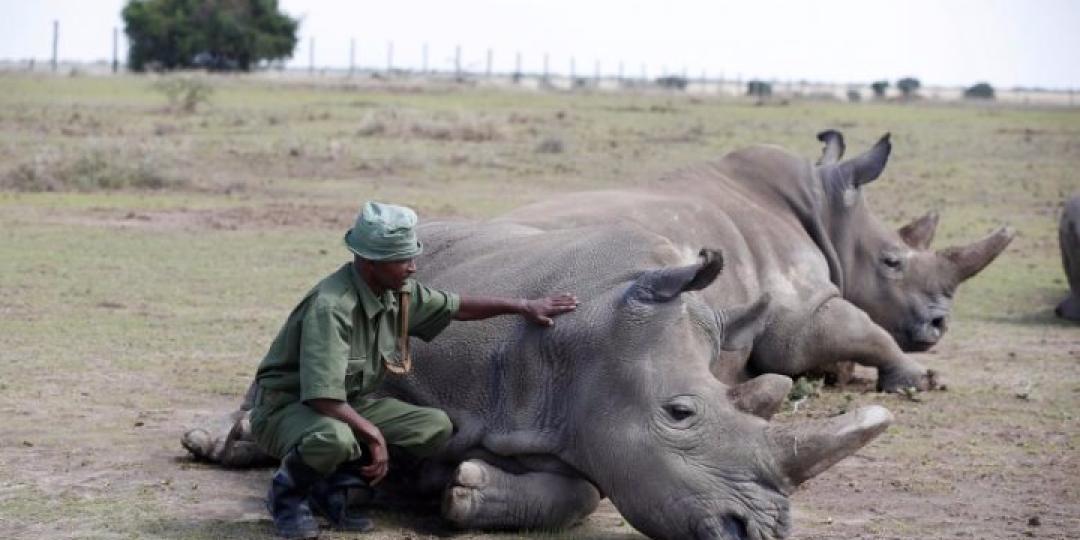South Africa saw a 33% decline in rhino poaching in 2020 according to a report from the Department of Environment, Forestry and Fisheries.
Minister of Environment, Forestry and Fisheries, Barbara Creecy, said while the nationwide lockdown played a part in the decreased poaching numbers, rangers and security personnel who remained at their posts during lockdown also played a significant role.
“The closure of our borders and the complete shutdown of international air travel removed the key way that syndicates used to supply horn to transit and consumer countries,” said the Department’s Chief Director of Communications, Albi Modise.
He said the movement of poachers had been curtailed during the various lockdown levels and national parks had closed entrance gates, preventing poachers from using the ‘drive-in and drop-off’ tactics that they had previously.
The Department’s report said that South Africa had seen a year-on-year reduction in the number of poached rhinos. Modise attributed the success to a collaboration of strategies. “The steps to address rhino poaching and wildlife crime across the country had been aligned to both the Integrated Strategic Management of Rhinoceros and the principles set out in the draft National Integrated Strategy to Combat Wildlife Trafficking.”
Last year in South Africa, 394 rhino were poached for their horns. This is less than the 594 killed in 2019 and marks the sixth year that rhino poaching has decreased in South Africa, according to the report.
The Kruger National Park recorded 1 573 incidents of poaching in 2020, a decrease of 21.9% compared with the previous year.
“During the COVID hard lockdown period, we had a significant reduction in poacher incursions into the KNP. However, that changed later in the year as the lockdown levels eased and there was a significant spike in poaching in the KNP,” said Creecy.
The Department also reported several arrests and prosecutions during 2020. Last year, 66 alleged poachers were arrested within the KNP, and 90 people outside the park. More than 25 major investigations were undertaken across the country.























